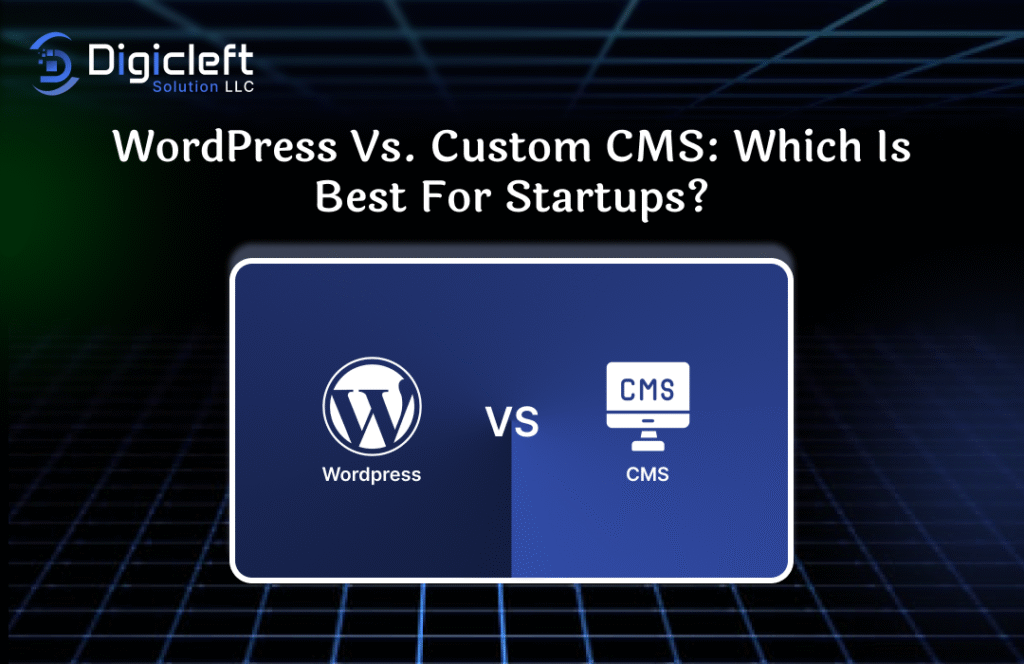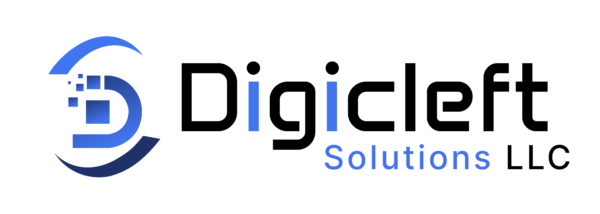
Starting a business is already overwhelming. So, when it comes to choosing between WordPress and a Custom CMS, things can get tricky — fast.
If you’re a startup founder trying to balance speed, budget, and growth potential, this decision is not just technical — it’s strategic.
Let’s break it all down — no tech jargon, just real talk.
What’s the Difference?
What is WordPress?
An open-source CMS powering over 40% of websites. It’s free, beginner-friendly, and comes with thousands of plugins and themes.
- Quick to set up
- Massive plugin ecosystem
- Tons of customizable themes
- Huge global community
What is a Custom CMS?
A system built from scratch to match your exact business needs. No pre-made features, but total control.
- Custom workflows, dashboards, modules
- Built-in security and compliance features
- Fully scalable and optimized
- No unnecessary bloat = blazing fast
When to Choose WordPress
- You need to launch fast (like today!)
- Your budget is tight
- You’re testing a new idea or MVP
- You don’t have a dev team (yet)
Bonus: Plugins like Yoast SEO and WooCommerce make it easy to add SEO and ecommerce features without coding.
Downsides of WordPress
- Too many plugins = conflicts and slow performance
- Frequent updates can break things
- Security risks if not maintained properly
- Not ideal for complex or highly scalable apps
When to Choose a Custom CMS
- You need custom functionality (e.g., dashboards, logic, automation)
- You’re building for speed, security, and scale
- You’re in a regulated industry (like fintech, health, logistics)
- You want full control over code, integrations, and data
Note: Custom CMS isn’t cheap or instant — but it pays off in performance and long-term freedom.
WordPress vs Custom CMS — Side-by-Side
| Factor | WordPress | Custom CMS |
|---|---|---|
| Speed to launch | Very Fast | Slower |
| Cost | Low | High |
| Scalability | Limited | Excellent |
| Customization | Plugin-dependent | Fully Flexible |
| Security | Plugin risk | Built-in |
| Ease of use | No-code friendly | Dev required |
Real Startup Use Cases
- Bootstrapped SaaS: Launched on WordPress to validate, then upgraded when needed.
- Funded eCom Startup: Used a Custom CMS for a headless setup and deep integrations.
At Digicleft Solution, we’ve helped dozens of startups through this exact decision.
Digicleft Solution Recommends
- Use WordPress for speed, simplicity, and cost-efficiency
- Choose Custom CMS for flexibility, security, and long-term growth
- Try a hybrid setup — like Headless WordPress with a custom frontend — for the best of both worlds
Security & Compliance
WordPress:
Regular updates and secure hosting help — but third-party plugins can be weak spots.
Custom CMS:
Built from the ground up to meet HIPAA, GDPR, PCI-DSS, or any compliance standard your industry demands.
Final Verdict
There’s no one-size-fits-all answer. But here’s how to decide:
- Choose WordPress if you’re launching fast, on a budget, or testing a new idea
- Choose Custom CMS if you’re building for scale, performance, and unique workflows
- Combine both for hybrid flexibility and long-term power
Still confused? We get it.
Reach out to Digicleft Solutionslllc — we’ll help you pick, build, and scale the right platform for your startup journey.
FAQs
1. Can I start with WordPress and later switch to a custom CMS?
Absolutely! Many startups validate their idea using WordPress, then migrate to a custom CMS once they’re ready to scale or need more control.
2. Is a custom CMS better for SEO?
Not inherently. But it gives you greater control over on-page elements, performance, and structure — perfect for startups with specific SEO goals or technical SEO needs.
3. How much does a custom CMS typically cost?
It depends on features and complexity, but typically ranges from $5,000 to $50,000+. More advanced projects (e.g., fintech, logistics) may require even larger budgets and dedicated teams.
4. Is WordPress only for blogs?
Nope! WordPress powers everything from blogs to eCommerce stores, portfolios, landing pages, and even full SaaS products using modern themes and plugins.
5. How can Digicleft Solution help with CMS selection?
Digicleft Solution helps startups choose, build, and scale the right CMS — whether it’s WordPress, custom-built, or a hybrid. We focus on lean, efficient builds — no bloated tech, no wasted budget.

